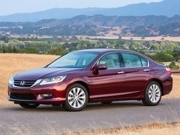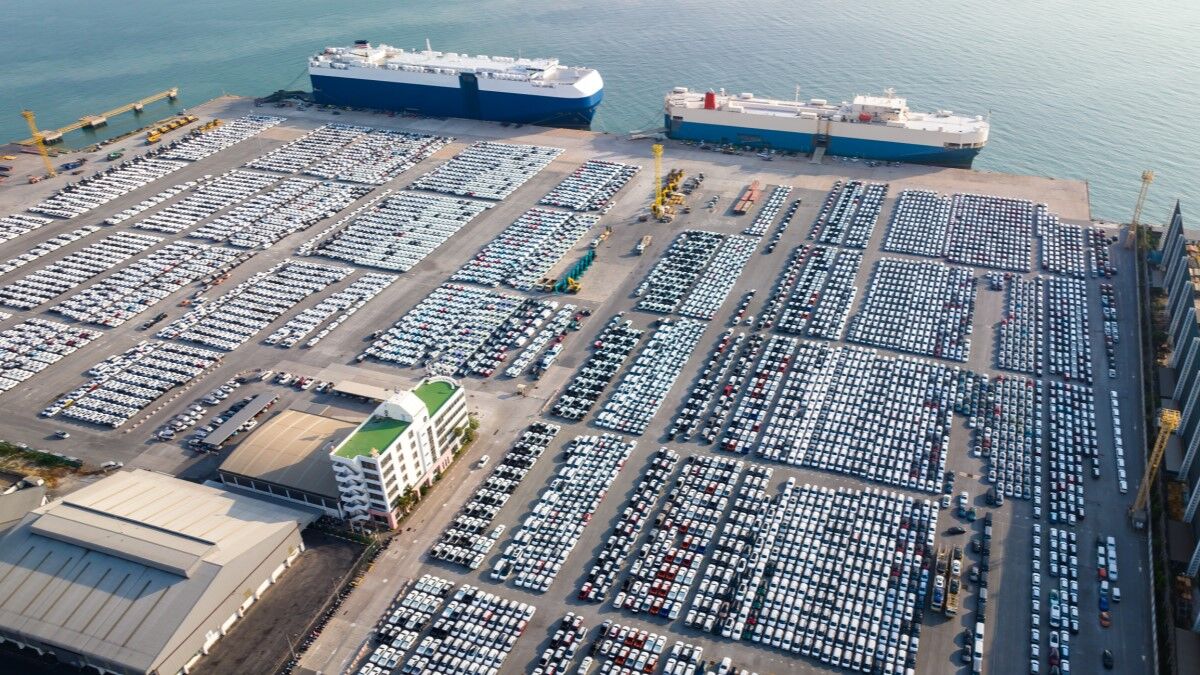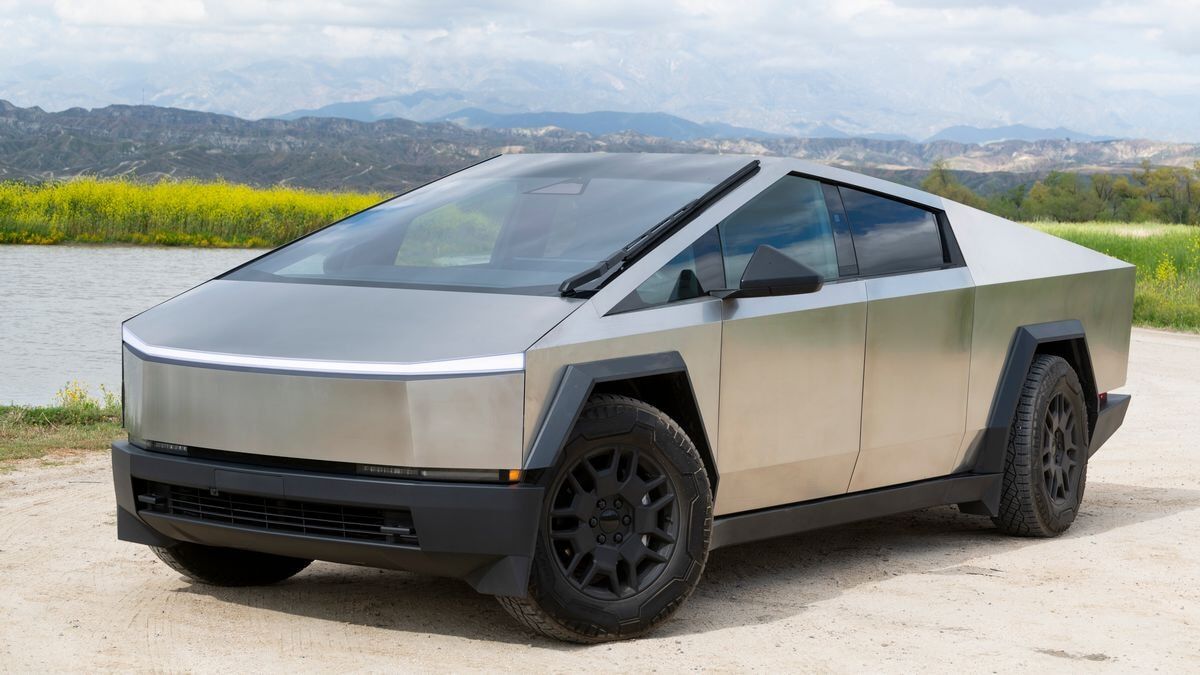The BMW Group and Toyota Motor Corporation have formally entered into a broad-based long-term agreement that will see the two auto-making powerhouses work together on a number of future undertakings. These include advanced fuel-cell systems, post-lithium-ion battery technology, vehicle weight-reduction programs and possibly even shared platform architecture. Announced in Munich by BMW AG Chairman Dr. Norbert Reithofer and TMC President Akio Toyoda, this new deal represents an expansion of the existing collaborative research pact signed last June between the two firms and concerns other areas of sustainable mobility.
On the fuel cell front, the new team effort will focus on creating a more advanced total system – cell stack, hydrogen tank, electric motor and battery – by 2020 as well as work on developing codes and standards for a viable hydrogen infrastructure. Looking for a more efficient, energy-dense alternative to lithium-ion batteries, BMW and Toyota also intend to pursue and perfect a next-gen lithium-air pack. With looming mileage regulations mandating ever lighter and more efficient vehicles, the two automakers will explore various ways to expand the types and uses of reinforced composite materials on a mass-production level.
The least defined but arguably most interesting element of this new BMW/Toyota tech pact involves the creation of feasibility study to be completed by the end of 2013 that will define a joint platform concept for a mid-size sports vehicle. However, save for noting that the two firms "share the vision to further collaborate in the field of sports vehicle development" and aim to collectively pool technology and knowledge "at a high level to maximize customer satisfaction," no other details were presented.
You Might Also Like…
10 Coolest Cars Under $25,000
Cars with New Looks for 2013
10 Best Car Deals of the Month











